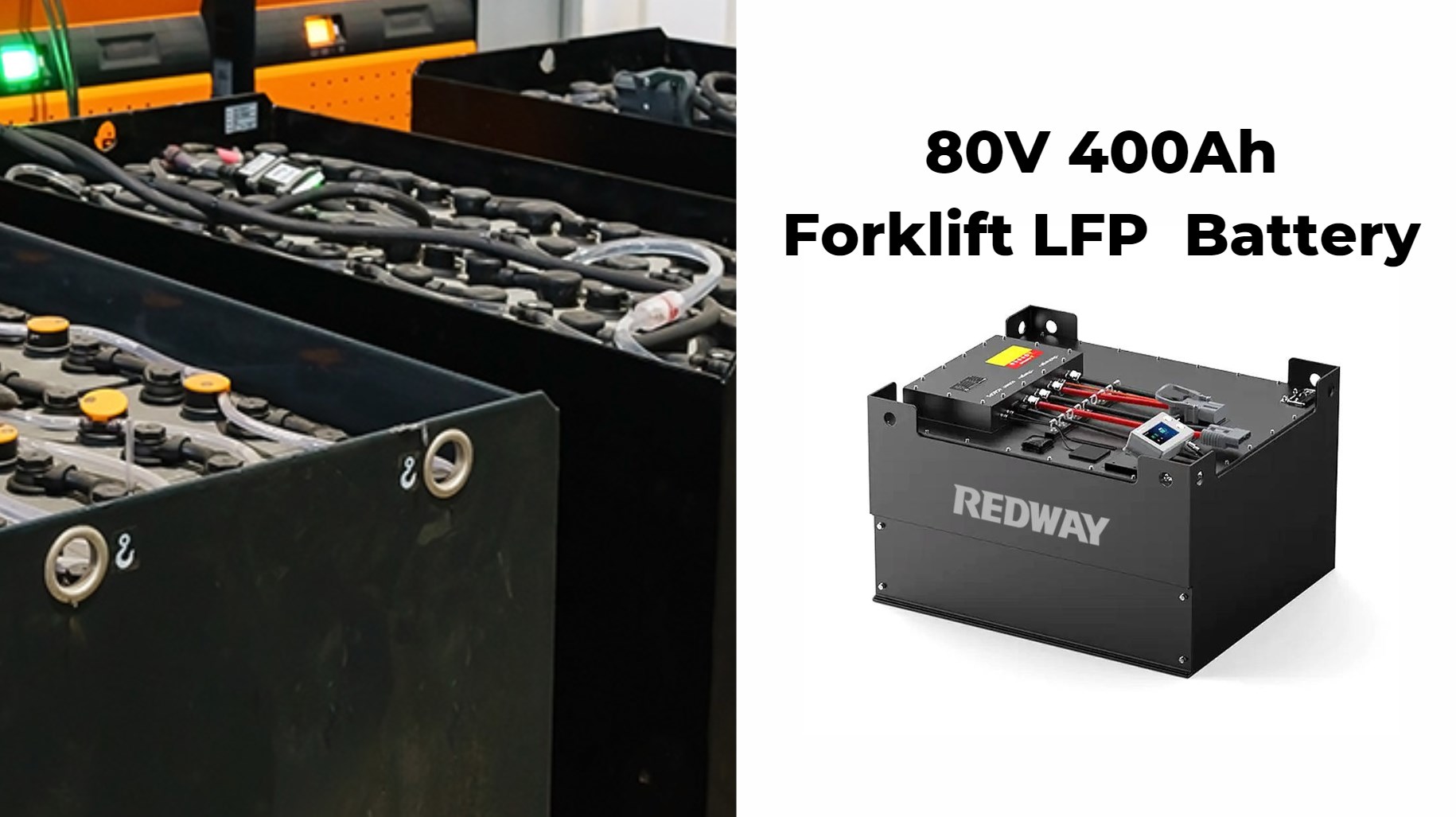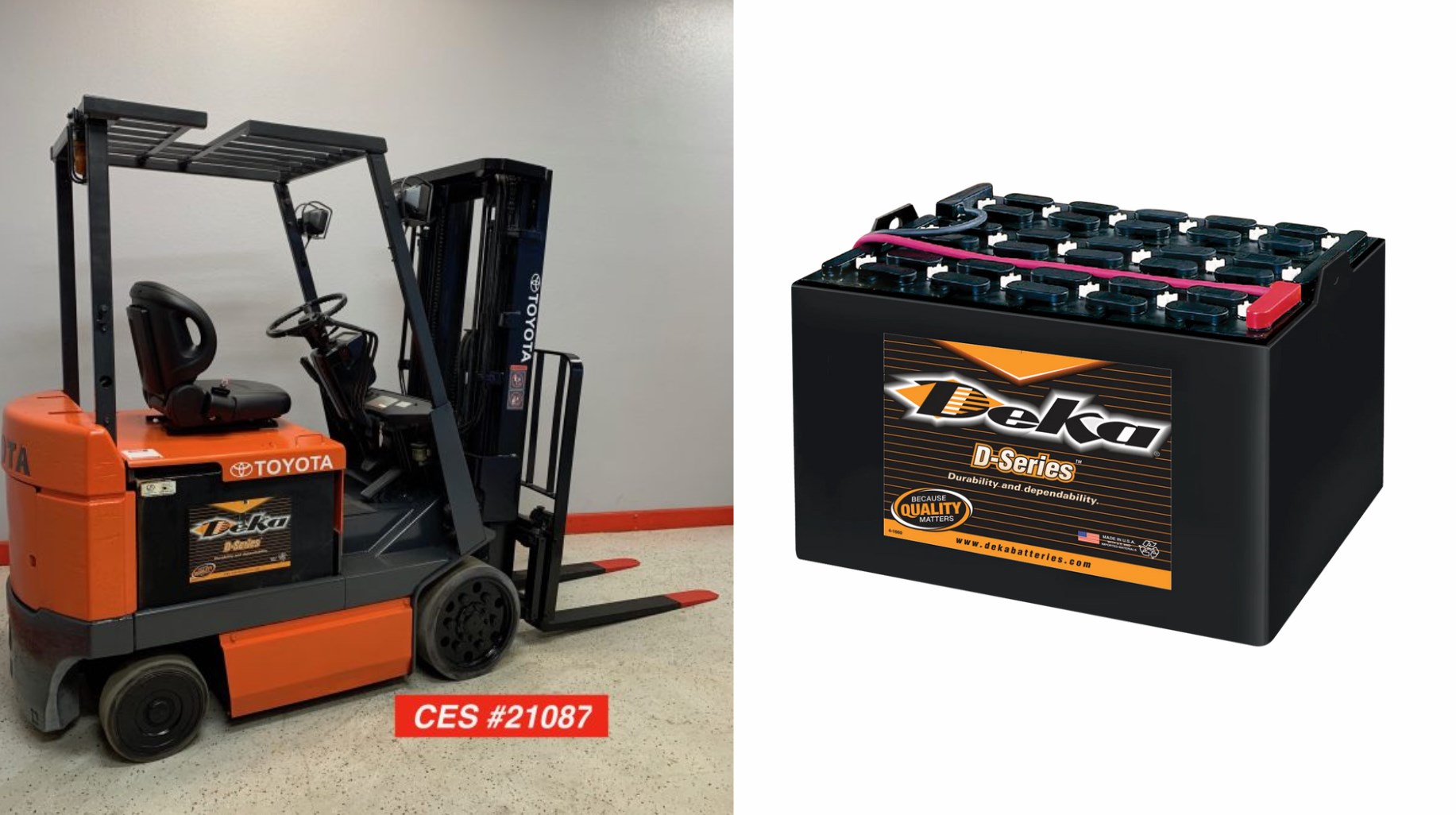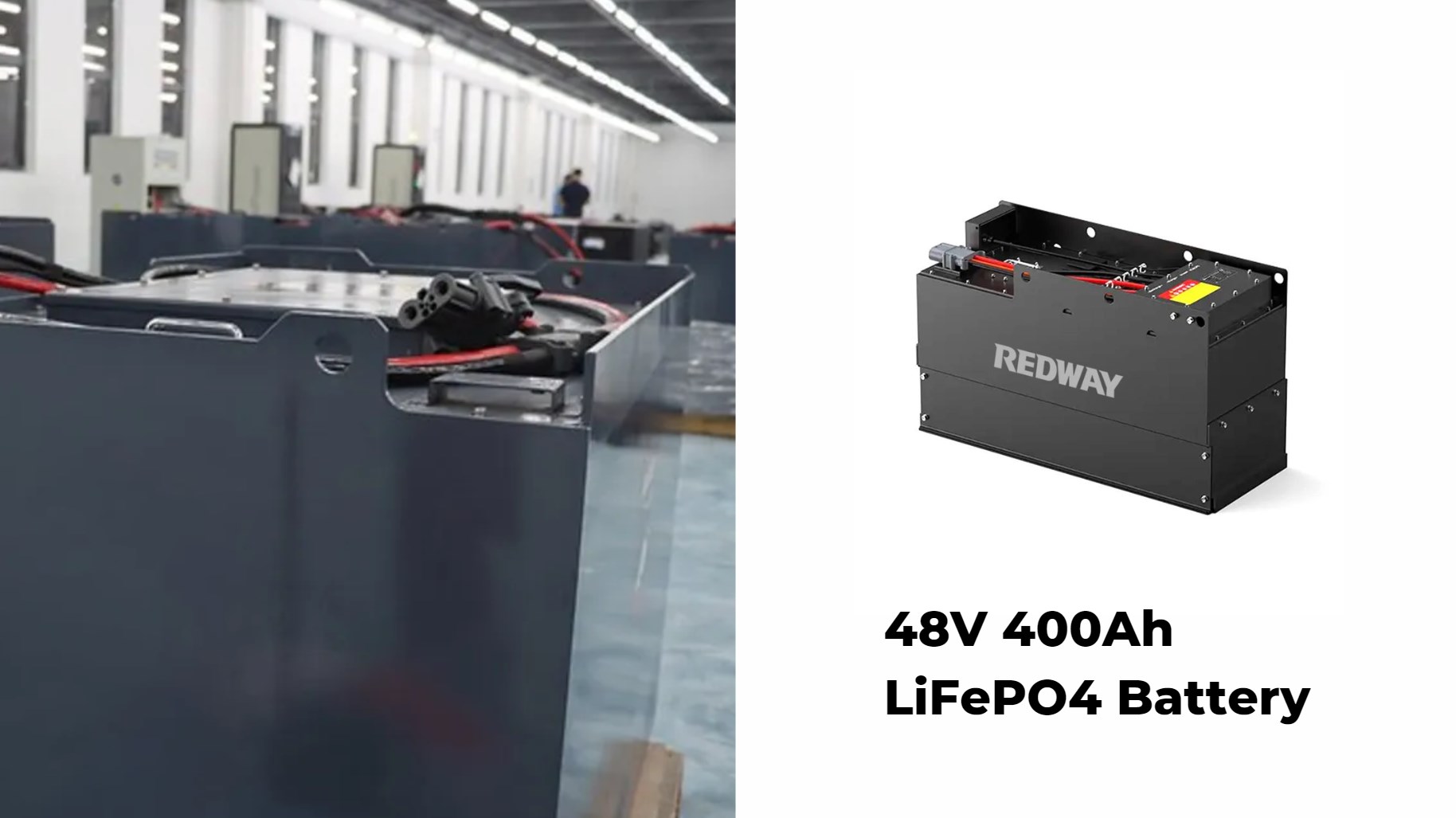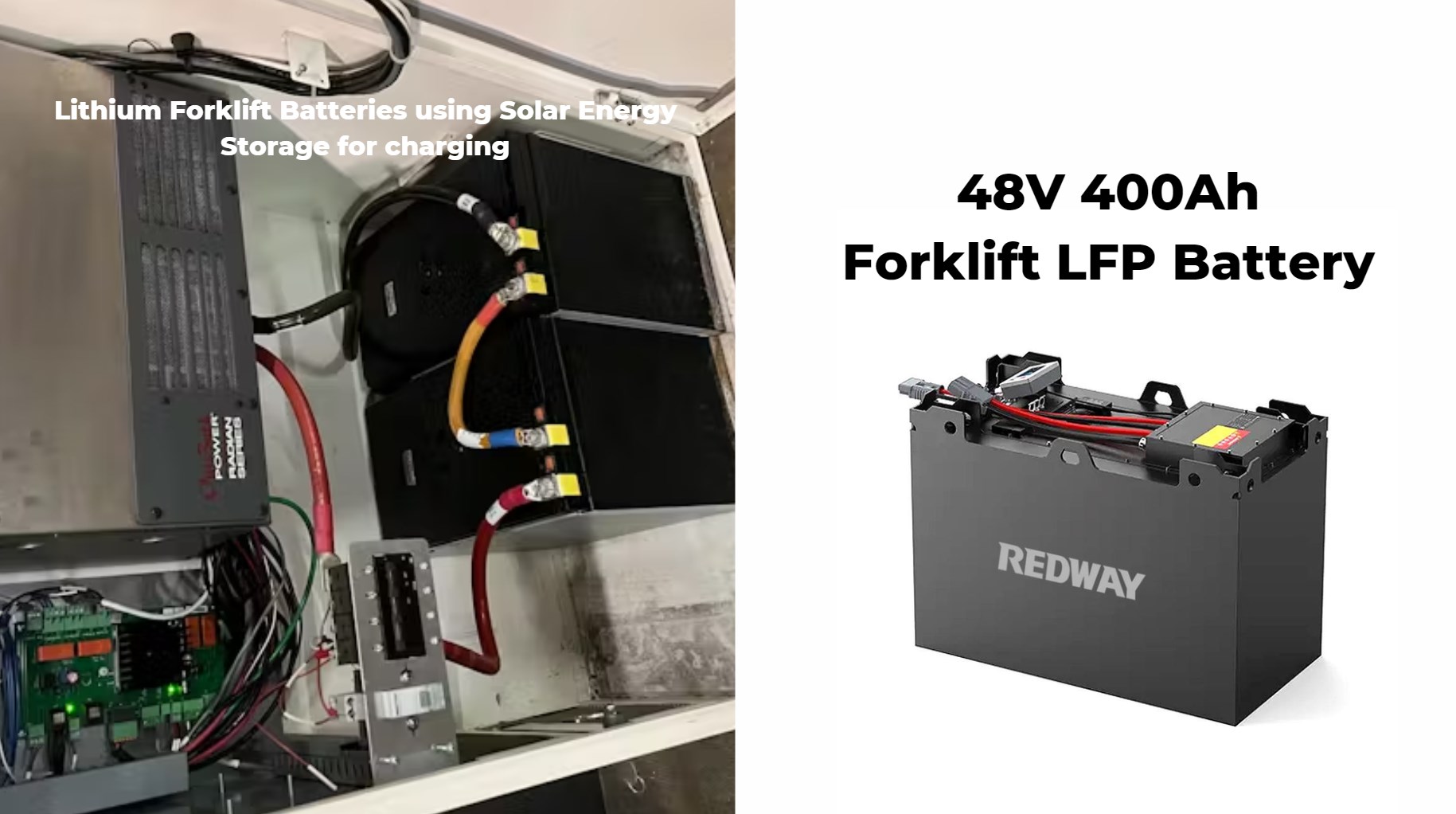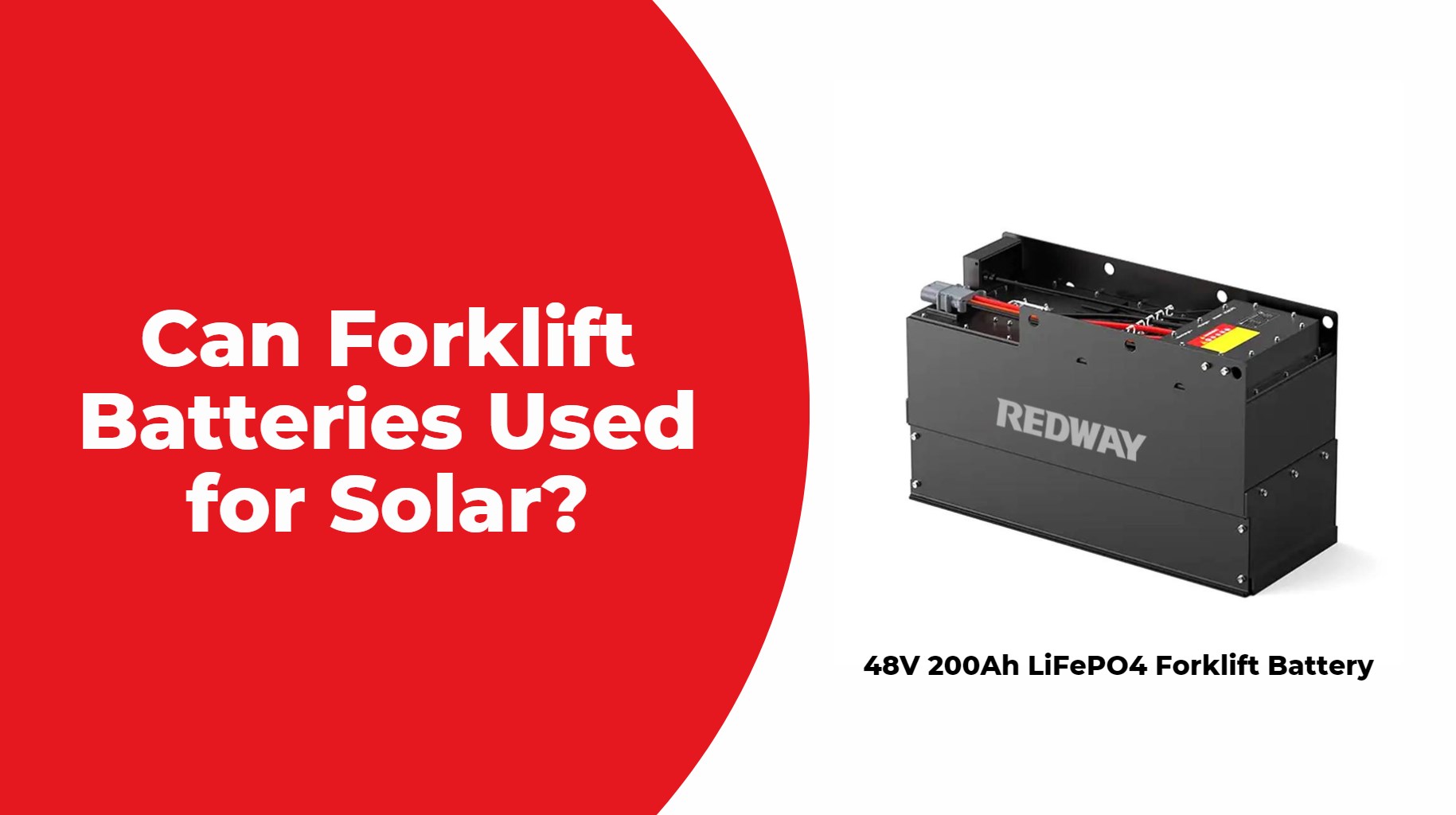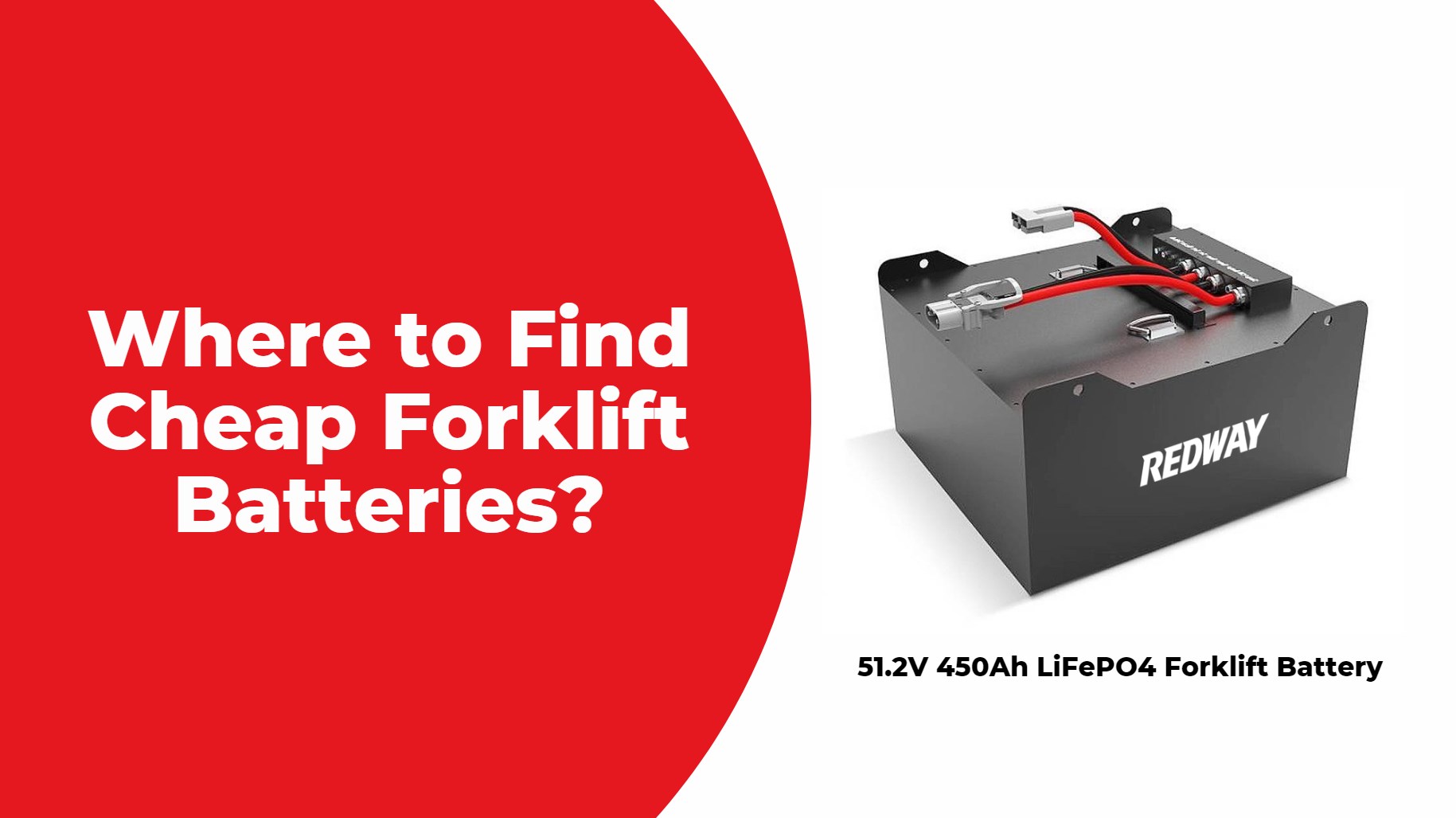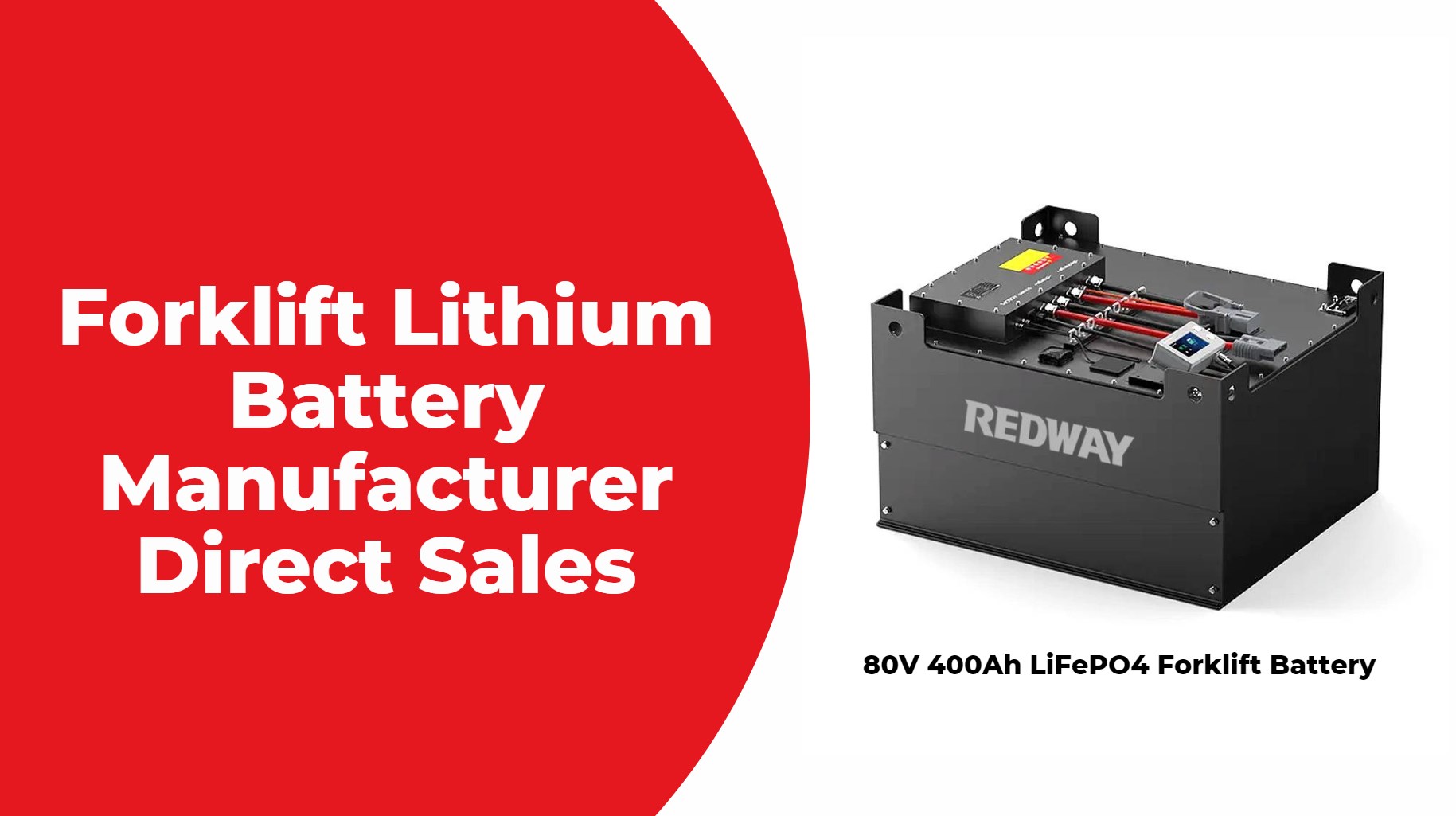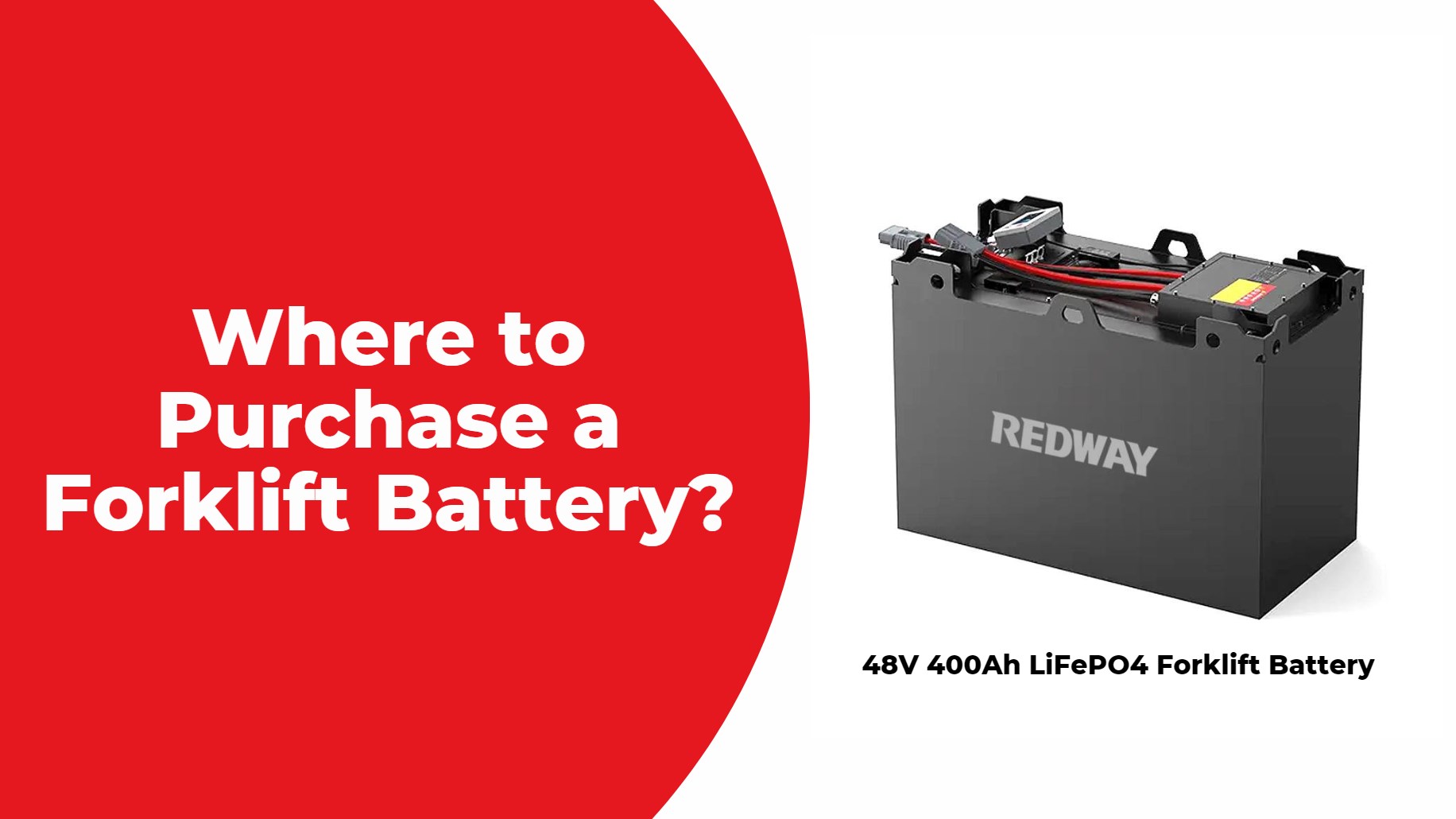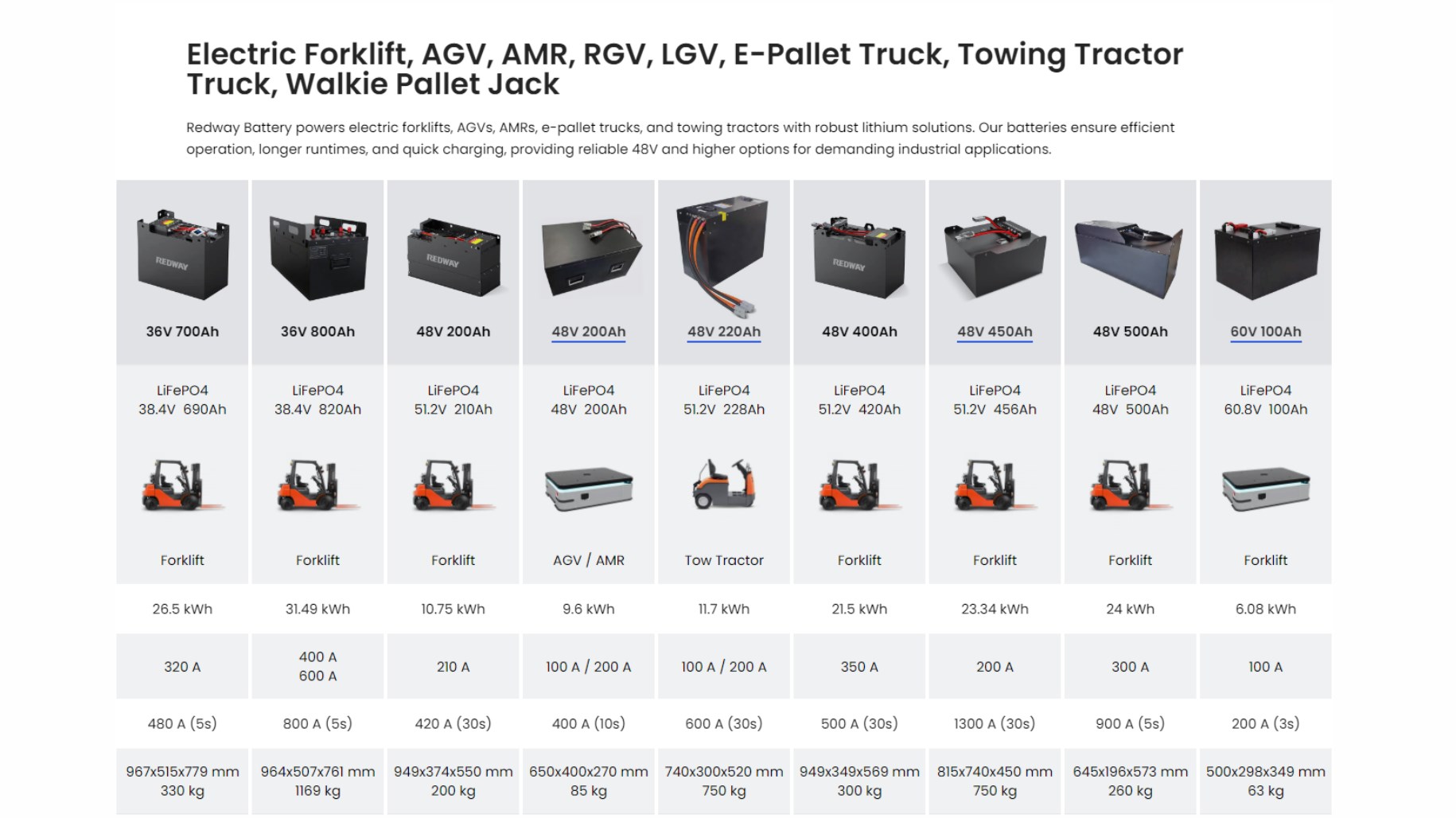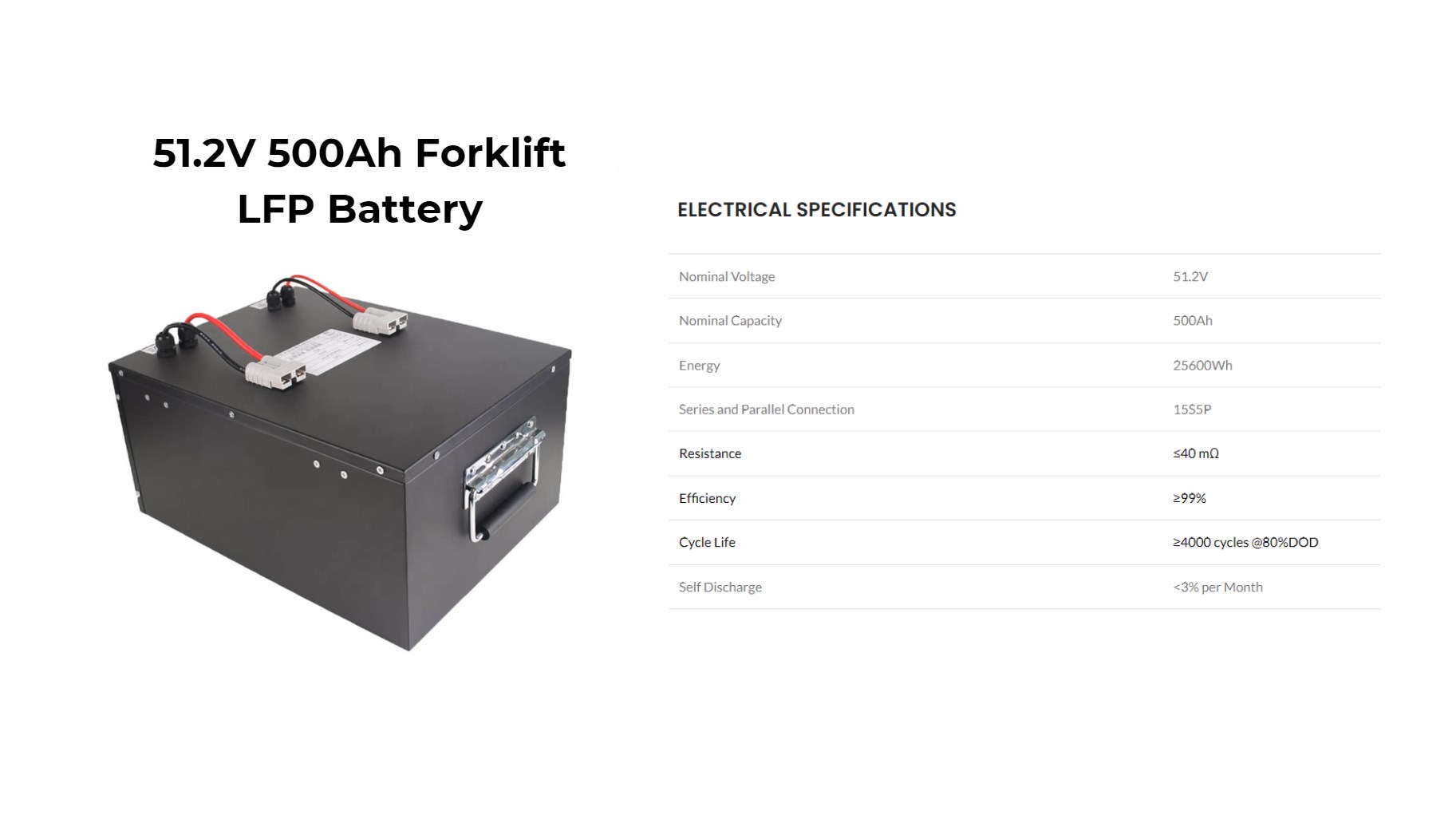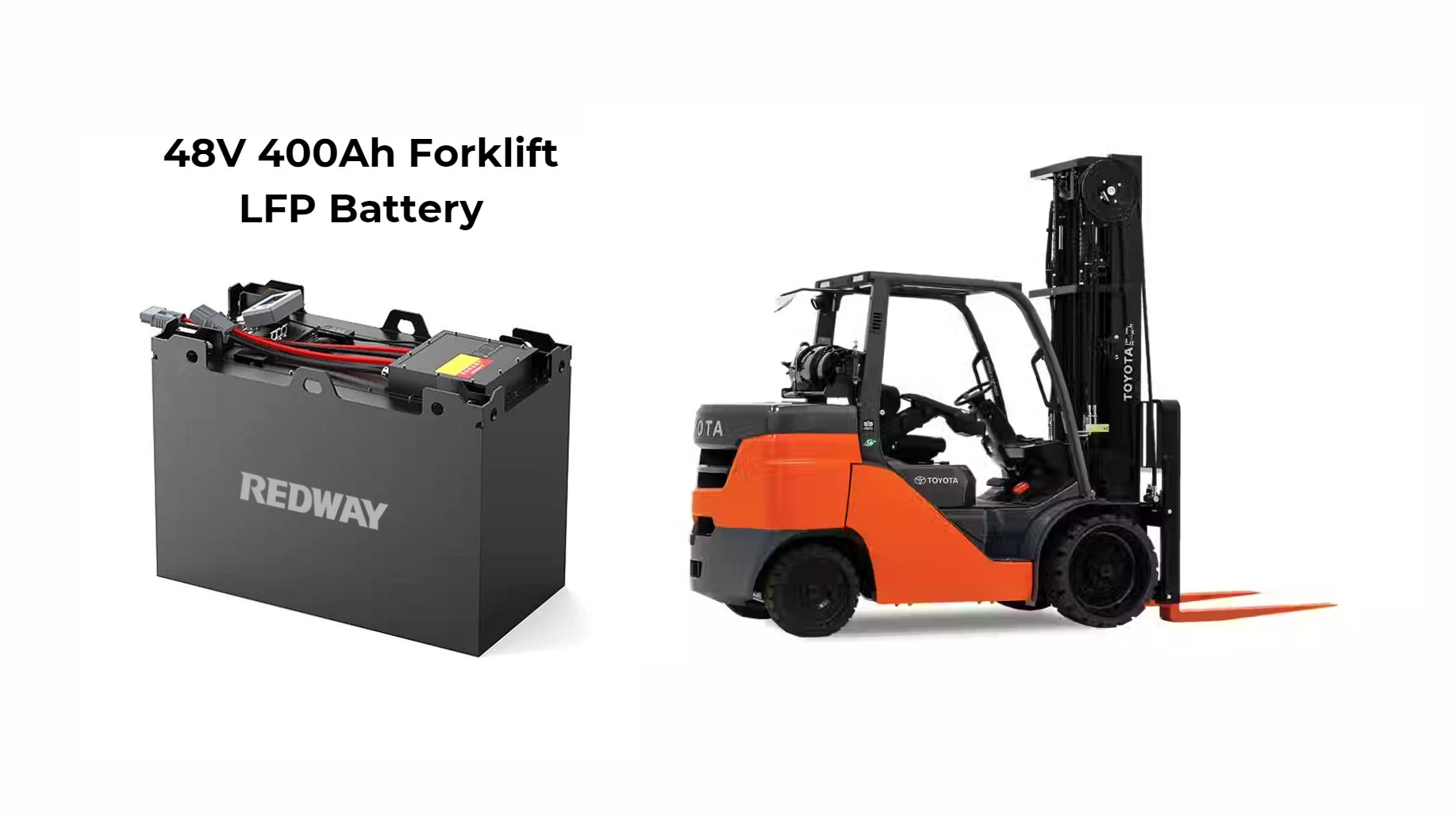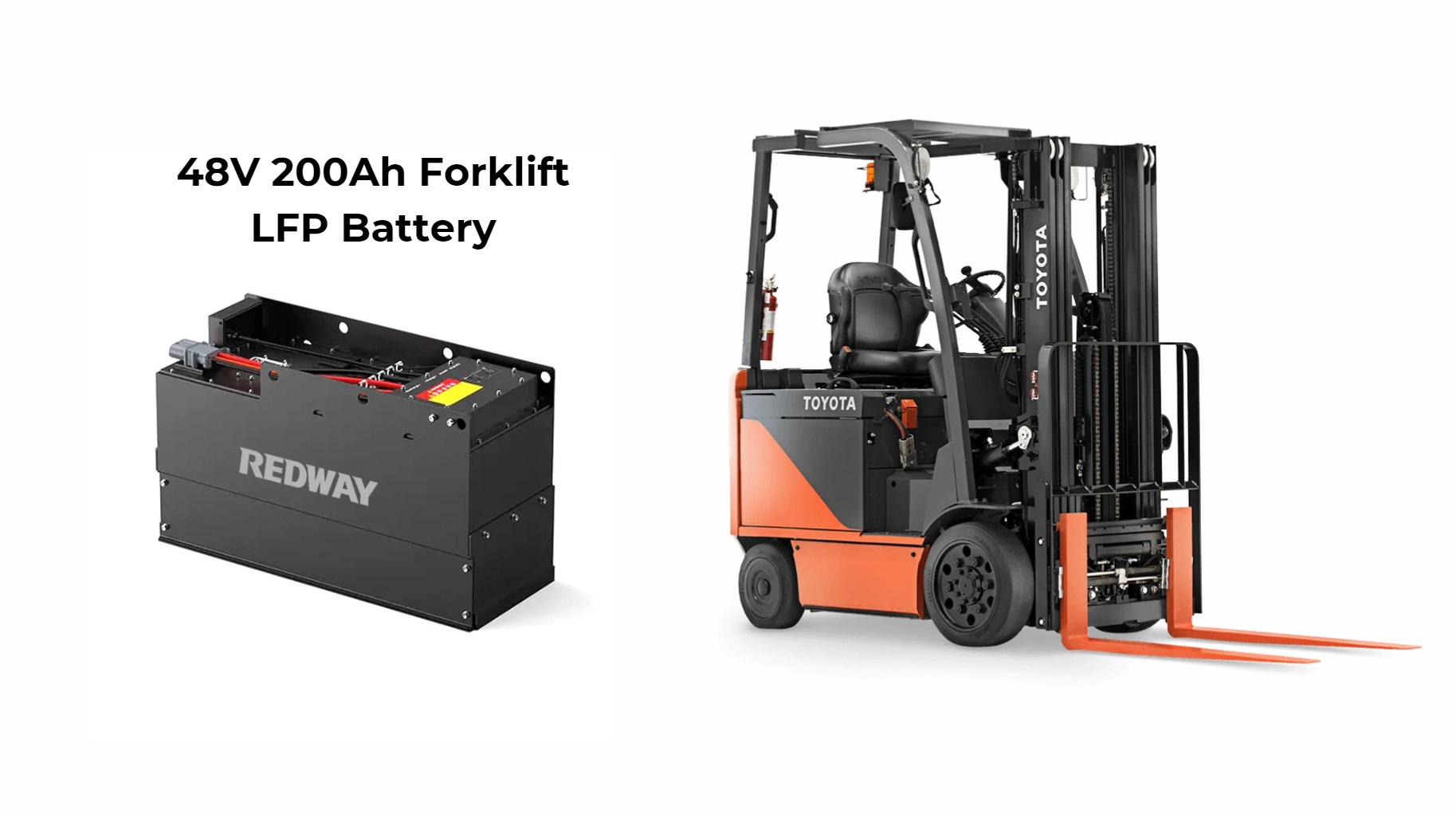What Are the Benefits of Using Great Lakes Industrial Forklift Batteries?
Great Lakes Industrial Forklift Batteries are engineered for high performance and reliability in demanding industrial environments, offering a range of options that cater to diverse operational needs while ensuring sustainability and cost-effectiveness.
What Are Great Lakes Industrial Forklift Batteries?
Great Lakes Industrial Forklift Batteries are high-performance batteries designed for material handling equipment. They offer a range of options, including new and refurbished models, to meet various operational needs in warehouses and industrial settings, ensuring reliable power and efficiency.
What Types of Forklift Batteries Are Available from Great Lakes?
Great Lakes offers a variety of forklift batteries, including 24V, 36V, and 48V options. Their inventory includes new batteries, fully rebuilt batteries with a 12-month warranty, and economy batteries for light-duty applications, catering to diverse customer requirements.
Great Lakes offers several types of forklift batteries:
| Type | Description |
|---|---|
| New Batteries | Brand new batteries with full warranties |
| Refurbished Batteries | Rebuilt batteries with a lower price point |
| Economy Options | Cost-effective solutions for light-duty use |
These options ensure that businesses can find a battery that fits their specific needs and budget constraints.
What Are the Key Features of Great Lakes Forklift Batteries?
Key features of Great Lakes forklift batteries include factory-direct pricing, a five-year warranty on new batteries, and thorough testing processes for refurbished models. Their batteries are designed for durability and optimal performance in demanding environments.
The key features that set Great Lakes forklift batteries apart include:
- Durability: Designed to withstand harsh working conditions.
- High Capacity: Capable of powering heavy-duty operations without frequent recharging.
- Warranty: Industry-leading warranties provide peace of mind regarding reliability.
Know More:
Where Can You Find Forklift Batteries for Sale Near Me?
Can Forklift Batteries Be Used for Home Solar?
What Are Forklift Batteries in Belgium?
What Are the Key Features of Deka Forklift Batteries?
What Are the Benefits of Using Great Lakes Industrial Forklift Batteries?
Where Can You Find Reliable Forklift Batteries in Houston?
How Do Great Lakes Forklift Batteries Compare to Other Brands?
Great Lakes forklift batteries are competitive in terms of pricing and warranty offerings. They emphasize quality and reliability, often providing longer lifespans and better performance compared to some other brands in the market.
When comparing Great Lakes forklift batteries with other brands, several factors come into play:
- Cost Efficiency: Competitive pricing combined with robust performance.
- Warranty Coverage: Longer warranty periods compared to many competitors.
- Performance Consistency: Reliable power output even under heavy loads.
What Advantages Do Great Lakes Forklift Batteries Offer?
Advantages include cost-effective pricing, extensive warranty coverage, and a wide selection of battery types. Their commitment to quality ensures that customers receive reliable power solutions tailored to their specific material handling needs.
The advantages of using Great Lakes forklift batteries include:
- Cost Savings: Affordable options without compromising quality.
- Extended Lifespan: Durable construction leads to longer battery life.
- Reduced Downtime: High efficiency minimizes operational interruptions.
How Can You Choose the Right Forklift Battery for Your Needs?
To choose the right forklift battery, consider factors such as voltage requirements (24V, 36V, 48V), amp-hour capacity, application type (heavy vs. light duty), and maintenance needs. Consulting with suppliers can help identify the best fit for your operations.
Choosing the right forklift battery involves several considerations:
- Voltage Requirements: Match the battery voltage with your forklift specifications.
- Usage Patterns: Assess how often and intensely the forklift will be used.
- Environmental Conditions: Consider temperature and humidity factors that may affect battery performance.
What Maintenance Is Required for Optimal Performance?
Optimal maintenance includes regularly checking electrolyte levels (for lead-acid), cleaning terminals to prevent corrosion, monitoring charge cycles, and ensuring proper ventilation during charging. Following these practices helps extend battery life and maintain performance.
To ensure optimal performance from your Great Lakes forklift batteries:
- Regular Inspections: Check connections and terminals for corrosion or damage.
- Proper Charging Practices: Follow recommended charging schedules to extend battery life.
- Cleaning Procedures: Keep terminals clean to maintain good conductivity.
How Do Great Lakes Forklift Batteries Contribute to Sustainability?
Great Lakes promotes sustainability by offering refurbished batteries that reduce waste and extend battery life cycles. Their commitment to quality also ensures efficient energy use in material handling operations, contributing to eco-friendly practices.
Great Lakes forklift batteries contribute to sustainability by:
- Reducing Waste: Offering refurbished options helps minimize landfill contributions.
- Promoting Energy Efficiency: High efficiency reduces energy consumption during operations.
- Supporting Eco-Friendly Practices: By using advanced technology, these batteries align with green initiatives.
How Are Great Lakes Forklift Batteries Manufactured?
Great Lakes forklift batteries are manufactured with a focus on quality control and performance. They employ advanced manufacturing techniques to ensure durability and reliability in their products, meeting industry standards for safety and efficiency.
What Innovations Are Present in Great Lakes Forklift Battery Technology?
Innovations include the use of advanced materials for improved energy density, enhanced battery management systems for efficient charging cycles, and ongoing research into more sustainable manufacturing practices to reduce environmental impact while maximizing performance.
Expert Views
“Great Lakes Industrial Forklift Batteries represent a significant advancement in battery technology for material handling,” states an expert from Redway Tech. “Their focus on durability and efficiency aligns perfectly with the needs of modern industrial operations.”
Conclusion
In summary, Great Lakes Industrial Forklift Batteries offer a reliable, cost-effective solution for businesses seeking high-performance energy sources for their forklifts. With various options available, including new and refurbished batteries, companies can find suitable solutions tailored to their specific operational needs while promoting sustainability.
FAQ Section
- What types of forklift batteries does Great Lakes offer?
They provide new, refurbished, and economy options tailored for different usage needs. - How can I determine which forklift battery is right for my operation?
Assess your voltage requirements, usage patterns, and environmental conditions before choosing a battery. - What maintenance practices are essential for prolonging battery life?
Regular inspections, proper charging practices, and terminal cleaning are vital for optimal performance.

